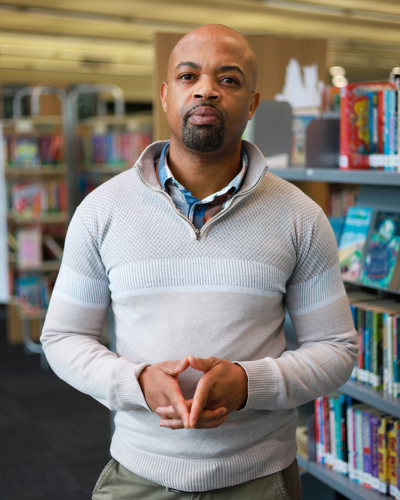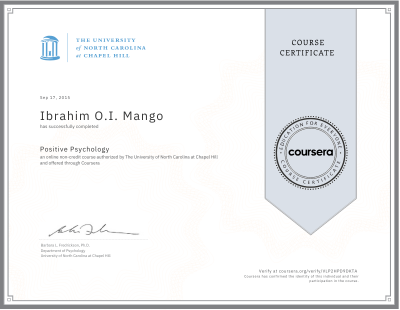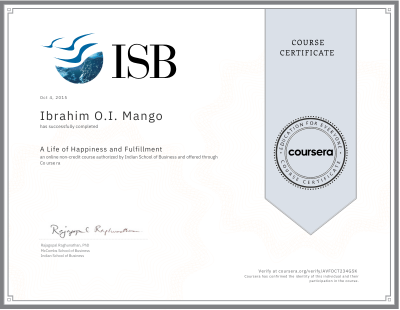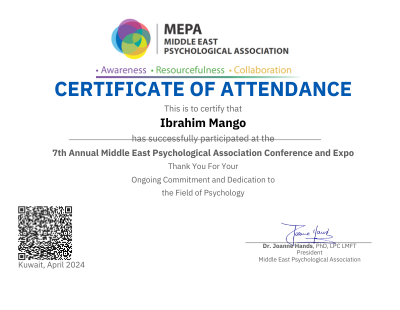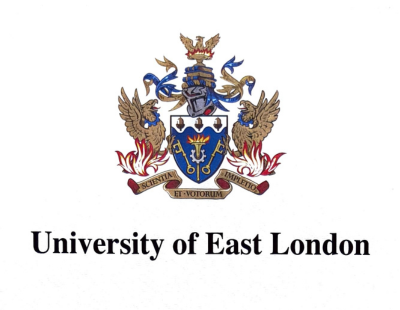Self-reflection is one of the most powerful tools for personal growth. It allows you to pause, look inward, and assess your thoughts, actions, and feelings. Through regular self-reflection, you can gain deep insights into who you are, how you navigate challenges, and what changes are necessary to become a better version of yourself.
However, reflection isn’t just about thinking back on the past — it’s about learning from it. Self-reflection is a continual practice that brings clarity, encourages mindfulness, and helps you align your behavior with your true values.
In this blog, we’ll explore how self-reflection can transform your life, the hidden benefits of making it a regular practice, and how to make self-reflection a habit that sticks.
How Self-Reflection Builds a Better You
Self-reflection is the cornerstone of personal growth because it forces you to take a step back and assess your life. It provides a deeper understanding of yourself by allowing you to identify your strengths, weaknesses, motivations, and blind spots. It’s essential to personal development because:
Recognize Patterns: Reflection helps you spot recurring patterns in your actions and thoughts. For example, you may notice you react to stress in specific ways or have tendencies that hold you back from achieving your goals. Understanding these patterns empowers you to make conscious changes rather than repeat the same cycles.
Boost Self-Awareness: Reflecting on past experiences allows you to understand why you make certain decisions, how your emotions influence you, and what your true values are. This self-awareness helps you align your choices with your core beliefs, leading to more fulfilling outcomes.
Develop Emotional Intelligence: By regularly reflecting on your emotional responses, you can better regulate your feelings. Emotional intelligence involves being aware of your emotions and understanding their impact, and self-reflection is key to improving this skill.
Improve Decision-Making: Every time you reflect, you gain a clearer understanding of what worked and what didn’t in your past decisions. This insight leads to better judgment in future situations, whether personal or professional.
By engaging in regular self-reflection, you build a deeper connection with yourself, allowing for meaningful growth and progress.
The Hidden Benefits of Regular Self-Reflection
Self-reflection isn’t just a tool for understanding your actions; it offers hidden benefits that enhance different aspects of your life. These benefits often go unnoticed until you make reflection a regular practice:
Increased Resilience: Reflecting on past challenges allows you to learn from them, turning failure into a valuable learning experience. Rather than seeing setbacks as personal defeats, you’ll view them as stepping stones that provide lessons for future success. With this mindset, you build emotional resilience, becoming more adaptable to life’s uncertainties.
Enhanced Creativity: The quiet moments of reflection help clear your mind and encourage creative thinking. When you step away from the rush of daily tasks and reflect, your subconscious mind often presents new ideas and solutions to problems you’ve been grappling with. This process helps unlock creative potential you might otherwise miss.
Improved Relationships: Reflecting on your interactions with others helps you understand how you impact them. This understanding can help you communicate more effectively, resolve conflicts more peacefully, and approach relationships with empathy. The more you reflect on how you show up in relationships, the more intentional and thoughtful you become in your interactions.
Clearer Life Goals: Reflecting on your desires, values, and experiences helps clarify your long-term goals. This deeper understanding helps you set intentions that are more aligned with who you truly are, not just societal expectations. When you know what you want from life, it becomes easier to take action that moves you toward those aspirations.
Self-reflection can shift how you approach every aspect of your life, from making better decisions to building stronger relationships and cultivating a deeper sense of purpose.
Making Self-Reflection a Habit That Sticks
To make self-reflection a lasting part of your life, here’s how to build it into your daily routine.
1. Commit to a Daily Pause:
The first step to turning self-reflection into a habit is simply to commit to pausing each day. This doesn’t need to be a long or complicated practice—just taking a few minutes to breathe, tune into your thoughts, and check in with yourself can make a big difference.
Set aside a specific time each day, like the morning before you start your day or the evening as you wind down. Use this time to ask yourself reflective questions like:
This simple pause, no matter how short, will become a natural part of your day and will help you stay connected with your thoughts and feelings.
2. Write, Don’t Just Think:
While thinking about your day can be helpful, writing it down amplifies the benefits. When you write, you slow down and clarify your thoughts, which deepens your understanding. Writing gives you the space to express emotions, explore ideas, and track your growth.
Use a journal or a digital note to write about your reflections. You don’t need to write a lot—just a few sentences about key moments from your day or lessons learned can be enough. Ask yourself questions like:
Over time, you’ll have a treasure trove of reflections to look back on, helping you spot patterns, celebrate progress, and continue growing.
3. Create a Reflection Ritual:
Building a ritual around self-reflection can make it more enjoyable and easy to maintain. A ritual could include a specific time of day, a calm environment, or certain tools that enhance the practice.
For instance, you might sit down with a warm drink, light a candle, or play soft music that helps you relax and focus. These rituals can make self-reflection feel less like a task and more like an enjoyable experience you look forward to.
By pairing self-reflection with something calming or comforting, you create an environment that invites introspection and makes the practice easier to maintain.
4. Be Honest, Not Harsh:
One of the most important aspects of self-reflection is approaching it with honesty, not harsh judgment. The goal is not to criticize yourself for mistakes but to learn from them and move forward.
When you reflect, try to look at situations objectively. Ask yourself:
Be compassionate toward yourself and recognize that growth is a process. Mistakes are opportunities for learning, not evidence of failure.
5. Use Prompts When You’re Stuck:
Sometimes it’s difficult to know where to begin with self-reflection. This is where prompts come in. They can help guide your thinking and make the process easier.
For example, if you’re struggling to reflect on your day, use prompts like:
What were the high and low points of my day?
How did I contribute to the success of a project?
What was a challenging moment, and how did I handle it?
These questions help you dive deeper into your thoughts, making the reflection process more structured and insightful. Over time, you’ll get better at asking the right questions on your own.
6. Make It a Shared Practice:
Self-reflection doesn’t have to be a solo practice. Sharing your reflections with a trusted friend, mentor, or group can help you gain new perspectives and encourage deeper insights.
Consider creating a weekly check-in with someone where you both share what you’ve reflected on during the week. Having someone else to share your experiences with holds you accountable, and it can offer you valuable feedback.
This shared practice creates a support system that nurtures your growth and reinforces the power of reflection.
Conclusion
Self-reflection is a transformative practice that allows you to deepen your understanding of yourself, gain insights from your experiences, and build the resilience needed to navigate life’s ups and downs. By integrating moments of reflection into your daily routine — whether through journaling, quiet pauses, or intentional rituals — you create a pathway for continuous growth and self-awareness.
Remember, the goal of self-reflection isn’t to achieve perfection but to embrace progress. With consistency, honesty, and self-compassion, you can unlock new levels of emotional intelligence and clarity that will enrich your personal and professional life.
What’s your next step? Set aside a few minutes today to reflect on a recent challenge or success. Write down what you’ve learned and how it can guide your next move. This small action could be the first step toward a habit that transforms your journey of personal growth.
FAQs
1. How do I overcome resistance to self-reflection when I feel too busy?
Start small. Dedicate just 2–3 minutes a day, perhaps during a natural pause like a coffee break, to ask yourself one reflective question. Consistency is more important than duration when building the habit.
2. What should I do if self-reflection makes me feel overwhelmed or negative?
Focus on balance by reflecting on both positives and challenges. Use prompts like, What went well today? or What am I grateful for? to counterbalance difficult reflections and maintain a constructive mindset.
3. How can I measure progress from self-reflection over time?
Periodically review past reflections in your journal or notes. Look for recurring themes, evidence of personal growth, or changes in how you approach challenges. This practice helps you celebrate progress and set new goals.
